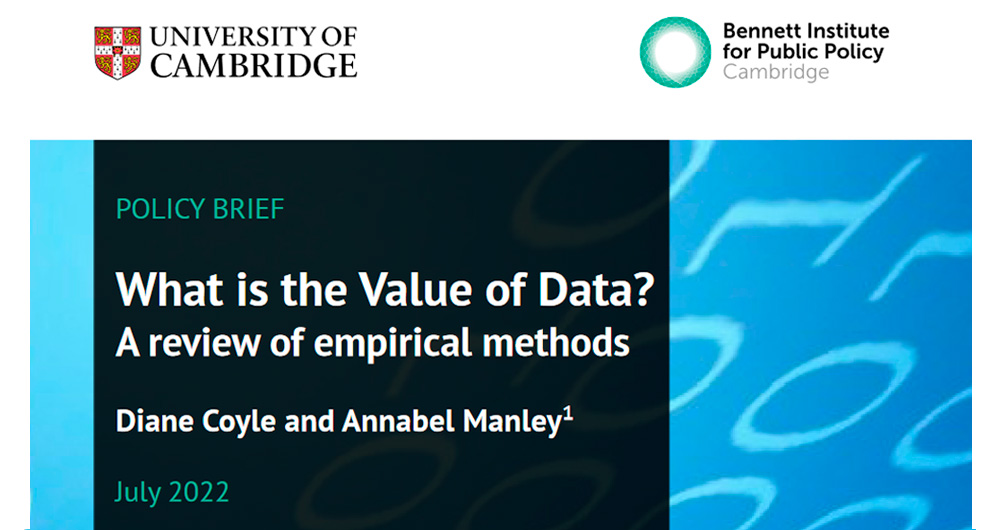11 posts found
Federated machine learning: generating value from shared data while maintaining privacy
Data is a fundamental resource for improving our quality of life because it enables better decision-making processes to create personalised products and services, both in the public and private sectors. In contexts such as health, mobility, energy or education, the use of data facilitates more effic…
What data governance should look like in open source AI models
Open source artificial intelligence (AI) is an opportunity to democratise innovation and avoid the concentration of power in the technology industry. However, their development is highly dependent on the availability of high quality datasets and the implementation of robust data governance framework…
The role of open data in the evolution of SLM and LLM: efficiency vs. power
Language models are at the epicentre of the technological paradigm shift that has been taking place in generative artificial intelligence (AI) over the last two years. From the tools with which we interact in natural language to generate text, images or videos and which we use to create creativ…
Data Sandboxes: Exploring the potential of open data in a secure environment
Data sandboxes are tools that provide us with environments to test new data-related practices and technologies, making them powerful instruments for managing and using data securely and effectively. These spaces are very useful in determining whether and under what conditions it is feasibl…
Global principles of AI journalism
General ethical frameworks
The absence of a common, unified, ethical framework for the use of artificial intelligence in the world is only apparent and, in a sense, a myth. There are a multitude of supranational charters, manuals and sets of standards that set out principles of ethical use, although…
Linguistic corpora: the knowledge engine for AI
The transfer of human knowledge to machine learning models is the basis of all current artificial intelligence. If we want AI models to be able to solve tasks, we first have to encode and transmit solved tasks to them in a formal language that they can process. We understand as a solved task informa…
Artificial intelligence to improve interoperability in the European public sector
The European Union has placed the digital transformation of the public sector at the heart of its policy agenda. Through various initiatives under the Digital Decade policy programme, the EU aims to boost the efficiency of public services and provide a better experience for citizens.…
Quantifying the value of data
There is a recurring question that has been around since the beginning of the open data movement, and as efforts and investments in data collection and publication have increased, it has resonated more and more strongly: What is the value of a dataset?
This is an extremely difficult question to answ…
Open data in Spain according to the Global Data Barometer study
The Global Data Barometer is a new multi-dimensional study that assesses the potential of data use by public administration in more than 100 countries. It is a tool that thoroughly investigates data policies and practices in their governance, openness and use for the public good.
This new Barometer…
The new life of data beyond reporting
Public administrations and international organisations are increasingly using new, more practical and creative approaches to problem solving, focusing on real data and how to better understand people's needs. This will enable them to propose solutions that meet those needs more directly and effecti…









